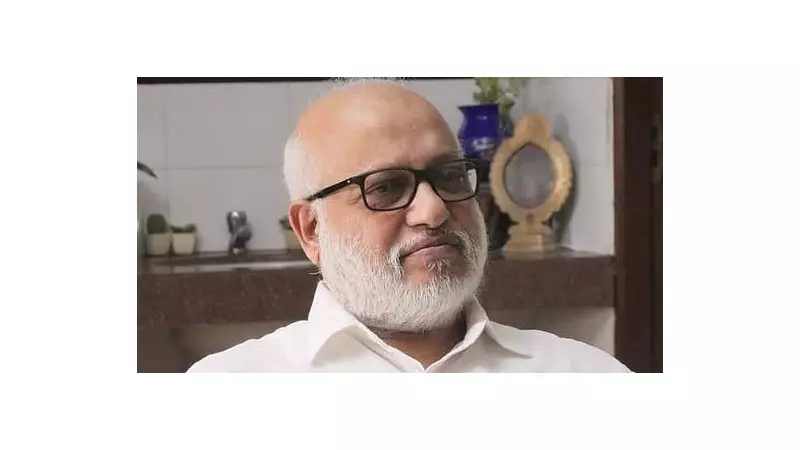
The Communist Party of India (Marxist) has launched scathing criticism against the Uttar Pradesh government's controversial decision to withdraw charges against the accused in the infamous 2015 Mohammad Akhlaq lynching case. This move has reignited tensions surrounding one of India's most high-profile communal violence incidents that shocked the nation eight years ago.
The Tragic Incident That Shook the Nation
On September 28, 2015, in Bisara village near Dadri in Uttar Pradesh's Gautam Buddh Nagar district, Mohammad Akhlaq, a 52-year-old Muslim man, was brutally beaten to death by a mob of villagers. The attack followed false rumors that Akhlaq and his family had consumed beef, which escalated into allegations that he had stored and eaten cow meat at his home.
The violent mob, consisting of hundreds of local residents, stormed Akhlaq's residence during nighttime, dragging him and his family members out before mercilessly attacking them with stones and other weapons. Akhlaq succumbed to his injuries, while his son, Danish, sustained severe life-threatening injuries but survived the horrific assault.
Legal Proceedings and Political Fallout
The case witnessed numerous twists and turns over the years, with 18 individuals facing charges in connection with the lynching. The legal battle saw multiple charge sheets filed by the police, and the case was eventually transferred from a local court to a sessions court in Ghaziabad for trial.
In a significant development that has drawn nationwide attention, the Uttar Pradesh government, led by Chief Minister Yogi Adityanath, has now moved to withdraw the case against the accused. This decision comes after years of legal proceedings and represents a dramatic turn in one of India's most closely watched communal violence cases.
The CPIM, in its official statement, expressed strong condemnation of this move, characterizing it as a "serious miscarriage of justice" and an attempt to provide political protection to those accused of the brutal crime. The party emphasized that this decision undermines the fundamental principles of justice and equality before law.
Broader Implications and Public Response
This development has sparked fresh debates about the state of communal harmony and the administration of justice in India. Human rights organizations and civil society groups have joined political parties in expressing concern over the potential precedent this case might set for similar incidents across the country.
The withdrawal of charges raises critical questions about:
- The accountability of perpetrators in communal violence cases
- The protection of minority rights and safety
- The independence of legal processes from political interference
- The message such decisions send about justice delivery in India
Family members of Akhlaq and human rights activists have voiced their disappointment and concern, stating that this decision could encourage similar acts of mob violence and undermine faith in the judicial system.
The case continues to remain a sensitive political issue, with opposition parties likely to use this development to criticize the ruling Bharatiya Janata Party's stance on communal violence and minority protection. As legal experts examine the implications of this withdrawal, the nation watches closely to see how this landmark case will ultimately conclude.





